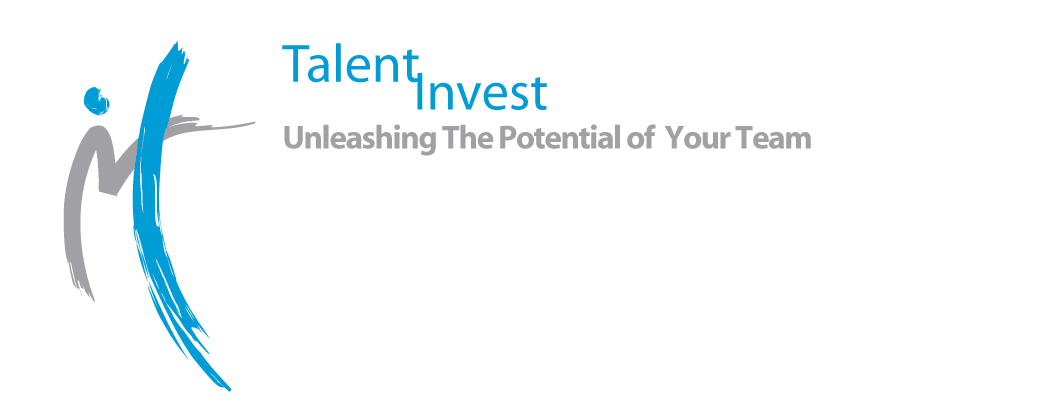Calling out the culture of personality
In today’s business environment where one’s leadership brand or career brand is identified as important for success, personality driven traits such as style, poise, self-confidence and self-assurance are highly prized. In such a business culture, strong personalities thrive and the character-based strengths of humility, wisdom, discernment, patience, tolerance, fortitude, and courage are less valued.
Personality strengths are not culturally neutral, whereas character strengths are. Herein lies the issue for global companies that want to strengthen and diversify their leadership pipelines and build an ethnically diverse local workforce.
Personality vs Character
A quick review of most global companies’ leadership assessment methodologies will reveal the bias towards personality strengths. These methodologies are often normed on Anglo Saxon norm groups. Even when character strengths are listed as desirable traits, few of the current methodologies make a serious go at assessing for these. In a culturally diverse environment, relying heavily on personality and style related assessments/tests is not helpful because personality is not a culturally neutral construct. Despite this, promotability and talent identification is often decided on issues of personality: how outspoken one was, or how much one self promoted etc. Nowhere is this distinction more prominent than when providing leadership coaching to young emerging Asian leaders who are told by their multinational employers that they have to be more outspoken, more out there, more extrovert, if they wish to be promoted and progress in the company. This approach does not hold satisfactory answers for those who may have questions such as “what if I like to play with that idea in my head for a little longer” or “enjoy the pursuit of knowledge for knowledge sake” or “what if I like to reflect on the bigger questions of life” or “how can we be 100% sure of anything” and so on. How and where does this fit into current day assessment and development methodologies? How do these different thinking orientations find a place around our decision-making tables in Asia?
Focus needs to shift to a more culturally neutral way of assessing strengths. The notion of considering universal strengths may be a good start in thinking about leadership effectiveness in a globally dispersed operation. However while assessing leadership assessment practices may be important, it is equally important to consider how day-to-day effectiveness is also judged by line managers who manage in a global context. This is where language bias and business interaction norms play a part.
